Registration
Plenary Talks 2018
| Prof. Dr. Peter M Robinson |
|---|
Prof. Dr. Peter M Robinson
Elected Honours: Peter M Robinson has been Tooke Professor of Economic Science and Statistics in the Economics Department of the London School of Economics, University of London, since 1995. Between 1998 and 2003 he held a Leverhulme Trust Personal Research Professorship. From 1984 to 1995 he was Professor of Econometrics at the London School of Economics; before that he was a Professor in the Mathematics Department of the University of Surrey, and previously held teaching positions at the University of British Columbia, Harvard University and the London School of Economics. He received his PhD degree from the Australian National University and batchelors and masters degrees from the University of London, and an honorary doctorate from Universidad Carlos III, Madrid. He has served as Co-Editor of the journals Econometrica, Econometric Theory, the Journal of Econometrics, and the Journal of Time Series Analysis . He is currently Associate Editor of the journals Annals of Statistics and Statistical Inference for Stochastic Processes. He was previously Associate Editor of various economic and statistical journals. He currently serves on the Executive Council of the Journal of Econometrics , on the Advisory Board of Econometric Theory, and as an Advisory Editor of the Journal of Time Series Analysis. He has published numerous articles in journals including the Annals of Statistics and Econometrica, as well as in books, and has one edited and one co-edited book. He has held research grants from the National Science Foundation in the USA, from the Economic and Social Research Council, the Science Research Council and the Leverhulme Trust in the United Kingdom, and from the European Commission. He is a Fellow of the British Academy, a Fellow of the Econometric Society, a Fellow of the Institute of Mathematical Statistics, and an elected Member of the International Statistical Institute. (for details see the web page). |
| Prof Andrew C. Harvey |
|---|
Prof Andrew C. Harvey
Andrew Harvey is Emeritus Professor of Econometrics in the Faculty of Economics, University of Cambridge, and a Fellow of Corpus Christi College. Prior to that he was Professor of Econometrics at the London School of Economics. He is a Fellow of the Econometric Society and a Fellow of the British Academy (FBA). He has published over one hundred articles in journals and edited volumes. He is the author of two textbooks, The Econometric Analysis of Time Series and Time Series Models, and two research monographs, Forecasting, Structural Time Series Models and the Kalman Filter (1989) and, most recently, Dynamic Models for Volatility and Heavy Tails (2013). He is one of the developers of the STAMP package. ABSTRACT: Score-driven models (known as DCS or GAS) provide a unified frame- work for handling changing volatility that is particularly attractive when the conditional distribution of an observation is heavy-tailed. When imple- mented in an EGARCH model, analytic expressions may be derived for un- conditional moments, autocorrelations and moments of multi-step forecasts. Furthermore a full asymptotic distribution theory for maximum likelihood estimators can be developed, including an analytic expression for the as- ymptotic covariance matrix of the estimators in the basic case. Not only do these new models have more attractive statistical properties than standard GARCH models, but there is increasing evidence that they fit better. The approach extends naturally to EGARCH-M and changing correlation. Fur- ther details can be found on the websites - http://www.econ.cam.ac.uk/DCS and http://www.gasmodel.com. This talk will focus on score-driven models for realized variance (RV). It is shown that a GB2 conditional distribution provides important insights into the structure of series which, like RV, are instrinsically positive. |
| Prof. Salah BOURENNANE |
|---|
Prof. Salah BOURENNANE
Salah Bourennane is currently a full Professor and he held also the position of the Dean of Research at the Ecole Centrale de Marseille, France. He is also the head of the Multidimensional Signals Group at Institut Fresnel, Marseille. He has over 30 years of research experience in the field of signal and image processing. His current research interests include statistical signal processing, array processing, image processing, remote sensing, tensor signal processing, and performance analysis. He authored over 350 research papers in various top-tier international journals and conferences, and edited many books and served as a guest editor of several special issues. He served on the editorial boards of many international journals and proceedings including the International Journal of Signal Processing, Image Processing and Pattern Recognition, The International Journal of Image and Signal Systems Engineering, Journal of Remote Sensing and Technology, among others. He has served on the technical program committees for numerous premier conferences and workshops including Advanced Concepts for Intelligent Vision Systems, International conference on latent variable analysis and signal separation, International Conference on Vision, Image and Signal Processing, and many others. He was an organizer of several international conferences such as the 6th European Workshop on Visual Information Processing at Marseille, 2016. He received a Ph.D. degree from Institut National Polytechnique de Grenoble, France, in signal processing. TITLE: Time Series Analysis: Bearing and Range of Buried Objects Estimation in Underwater Acoustics Abstract: Non-invasive range and bearing estimation of buried objects in the underwater acoustic environment, has received considerable attention. A model-based parameter estimation problem using either a horizontal or vertical array has been studied in underwater acoustics. Many interesting studies have been recently developed. Some of them use acoustic scattering to localize objects by analyzing acoustic resonance in the time-frequency domain, other techniques based on signal processing such as time reversal technic, have been also developed. The emphasis of the talk is on techniques that estimate simultaneous range and bearing using wideband and fully correlated signals scattered from near field and far field buried objects in a noisy environment. The final part of the lecture deals with the performance of the different algorithms using experimental data recorded during underwater acoustic experiments. |
| Dr Karsten Webel |
|---|
Dr Karsten Webel
TITLE: An overall seasonality test based on recursive feature elimination in conditional random forests Abstract: To check an observed time series for presence of seasonality, different statistical tests tailored to particular manifestations of seasonality have been developed over recent decades. We suggest a generic scheme to construct an overall seasonality test from a given set of candidate tests. The main building blocks are (1) a recursive feature elimination algorithm in conditional random forests to identify the most informative candidate tests and (2) a final classification rule derived from a single pruned conditional inference tree based on the identified tests. Using a broad set of simulated ARIMA processes that is representative of the Bundesbank's time series database, we identify the modified QS and Friedman tests as being most informative when computed on the residuals obtained from fitting a non-seasonal ARIMA model to the original input series. The resulting classification rule has low type I and type II misclassification rates whilst avoiding excessive complexity. |
| Univ. Prof. Dr. Robert Kunst |
|---|
Univ. Prof. Dr. Robert Kunst
TITLE: Simulation-based selection of prediction models Abstract:We target an assessment of the potential benefits of basing model selection decisions in a forecasting context on simulations that fuse data information and the structure hypothesized by tentative rival models. These procedures can be applied to any empirical forecasting problems. Our main focus is, however, on macro-economic forecasting. Our procedure aims at choosing among a small number of tentative forecast models in the presence of data. From models fitted to the data, pseudo-data are generated. Again, the models are applied to the pseudodata and their out-of-sample performance is evaluated. The ultimate choice of the forecasting model is based on the relative performance of rival models in predicting ‘their own data’ and those of the rival model. (for details see the web page). |
| Prof. Dr. Uwe Hassler |
|---|
Prof. Dr. Uwe Hassler
TITLE: Discontinuity of Fully Extended (Local) Whittle Estimation Abstract:We consider the fully extended local Whittle estimator of the fractional order of integration d proposed by Abadir, Distaso and Giraitis (2007), and the extended parametric Whittle estimator suggested by Shao (2010). They are valid under stationarity as well as nonstationarity: a priori knowledge whether the true d < 1/2 or not is not required. Experimentally, we observe a lack of continuity of the objective functions at d = 1/2 that has not been reported before. It results in a pile-up of the estimates at d = 1/2 when the true value is in a neighbourhood to this half point. Consequently, studentized test statistics may be heavily oversized. (for details see the web page). |
Plenary Talks. Previous edition ITISE
| Prof. Dr. Fredj JAWADI |
|---|
Prof. Dr. Fredj JAWADI
His research focuses on Financial Economics (Financial Markets, Empirical Finance, Market Microstructure, Islamic Finance, Monetary Policy, Macroeconomics), & Applied Econometrics (Time Series, Nonlinear Dynamics, Macroeconometrics,Panel Data). He has over seventy papers published in various International Journals and co-authored and co-edited several books and book chapters. He has also served as an Associate Editor or a Subject Editor in several Journal and Chairman of two International Conferences: The first one covers topics on Computational Economics (International Symposium in Computational Economics and Finance (www.iscef.com ), while the second one looks at the recent developments in financial and nonlinear econometrics: International Workshop on Financial Markets and Nonlinear Dynamics (www.fmnd.fr). (for details see the web page). |
| Prof. Dr. Joerg Breitung |
|---|
Prof. Dr. Joerg Breitung
(for details see the web page). |
| Dr. Travis J. Berge |
|---|
Senior Economis, Dr. Travis J. Berge
(for details see the web page). |
| Dr. Anna Korzeniewska |
|---|
Dr. Anna Korzeniewska
|
| Dr. Joan Paredes |
|---|
Senior Scientist, Dr. Joan Paredes
Functions:
(for details see the web page). |
| Dr. Pekka Koponen |
|---|
Senior Scientist, Dr. Pekka Koponen
He has contributed in several projects regarding forecasting and optimization of the control responses of the demand. In his first projects at VTT the focus was on the energy management and trading of large base metal companies but in 1996 his main focus shifted to enabling the use of aggregated flexibilities of small residential electricity consumers for the electricity markets and grids. Now he works in the project “Improved Modelling of Electric Loads for Enabling Demand Response by Applying Physical and Data-Driven Models” (RESPONSE) that spans 2015 – 2018 and is funded by the Academy of Finland . He alsoparticipates in an EU H2020 project SmartNet that studies future TSO-DSO interaction schemes, market architectures and ICT solutions for the integration of power system ancillary services (provision of flexibility and fast reserves) from the demand side management and distributed generation. |
| Prof. Dr. Philipp Sibbertsen |
|---|
|
Prof. Dr. Philipp Sibbertsen
|
| Prof. Dr. Gerhard Rünstler |
|---|
|
Prof. Dr. Gerhard Rünstler
|
| Prof. Dr. Michael Graff |
|---|
|
Prof. Dr. Michael Graff
|
| Prof. Dr. Kalle Saastamoinen |
|---|
|
Prof. Dr. Kalle Saastamoinen
|
| Prof. Dr. Rebecca Killick |
|---|
|
Dr. Rebecca Killick
|
| Prof. Daniel Peña Sanchez De Rivera. |
|---|
|
Prof. Daniel Peña Sanchez De Rivera. Title of the Talk: Dimension reduction and forecasting in large data sets of time series
In the same field, he stands out as the Founding President of the Statistical Methods Committee of the Spanish Association for Quality and member of the State High Council of Statistics, Vice President of the Inter-American Institute of Statistics and President of European Courses in Advanced Statistics. He has published thirteen books and more than 190 research articles on Statistics, Quality and its Applications. He is Associate Editor of several international journals and has received national and international awards for research. In 2006 he received the Youden Award for the best article published in “Technometrics”. He is an honorary member of prestigious international associations such as the Institute of Mathematical Statistics and the American Statistical Association. This information is from: Daniel Peña Sanchez De Rivera (UC3M) |
| Prof. Siem Jan Koopman |
|---|
|
Prof. Siem Jan Koopman
Furthermore, he was a Fernand Braudel Senior Fellow at the Department of Economics, European University Institute, Florence, Italy, in 2010. His Ph.D. is from the LSE and dates back to 1992. The monograph Time Series Analysis by State Space Methods is written by J. Durbin and SJK. The book originally appeared in 2001. The Second Edition is recently published by Oxford University Press, in May 2012. The Durbin & Koopman 2012 book consists of 368 pages. The book An Introduction to State Space Time Series Analysis appeared in 2007 and is written by J.J.F. Commandeur and SJK. His other books (co-authored, software and editorial) are listed here The research interests of SJK cover topics in statistical analysis of time series, financial econometrics, simulation-based estimation, Kalman filter, economic forecasting and, more generally, time series econometrics. His number of publications in refereed journals since 1992 is 75 while his work includes 29 entries in books and discussions. His current citation h-index at Thomson Reuters is 18 and at Google Scholar is 37. He fullfills editorial duties at the Journal of Applied Econometrics and the Journal of Forecasting. Finally he is an OxMetrics software developer and is actively engaged in the development of the time series software packages STAMP and SsfPack. |
| Prof. DI Dr. Manfred DEISTLER |
|---|
|
Em.O.Univ.Prof. DI Dr. Manfred DEISTLER. Title of the Talk: Regular and Singular AR and ARMA Models, The Single and The Mixed Frequency Case: A Structure Theory.
RESEARCH INTERESTS: Identification of linear dynamical systems in ARMA and state space representation, structure and estimation, in particular in the multivariate case, data driven local coordinates, subspace identification Identification of linear dynamical factor- and errors-in-variables models, in particular structure theory Analysis and prediction of financial time series Analysis and prediction of business and market data Analysis of load and price time series for electricity markets PROJECTS: Principal investigator of the FWF project P-17065 Identification of multivariate Dynamic Systems Teamleader of the team TUWIEN of the european research project ERNSI Co-initiator of and group leader at the industrial mathematics competence center, IMCC, Linz Member of the austrian academy of sciences Fellow of the econometric society Fellow of the Journal of Econometrics IEEE Fellow |









 1
1 2
2 3
3 4
4 5
5 6
6 7
7 8
8 9
9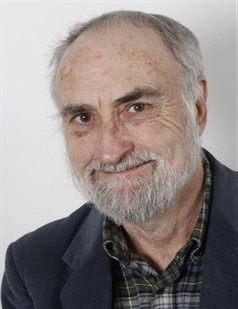 Current Positions :
Current Positions :

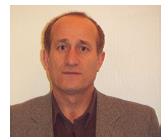 Full Professor and he held also the position of the Dean of Research at the Ecole Centrale de Marseille, France. He is also the head of the Multidimensional Signals Group at Institut Fresnel, Marseille.
Full Professor and he held also the position of the Dean of Research at the Ecole Centrale de Marseille, France. He is also the head of the Multidimensional Signals Group at Institut Fresnel, Marseille.
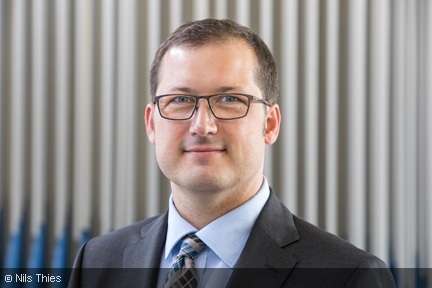 Deutsche Bundesbank, Central Office, Directorate General Statistics, Wilhelm-Epstein-Straße 14,60431 Frankfurt am Main
Deutsche Bundesbank, Central Office, Directorate General Statistics, Wilhelm-Epstein-Straße 14,60431 Frankfurt am Main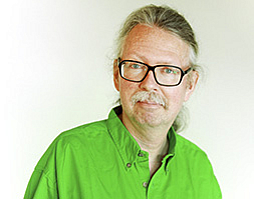
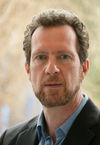 Professor of Statistics and Econometric Methods
Goethe University Frankfurt.
Fachbereich Wirtschaftswissenschaften
Besucheradresse:
Campus Westend
Theodor-W.-Adorno-Platz 4
60323 Frankfurt am Main
Postadresse:
60629 Frankfurt am Main
Professor of Statistics and Econometric Methods
Goethe University Frankfurt.
Fachbereich Wirtschaftswissenschaften
Besucheradresse:
Campus Westend
Theodor-W.-Adorno-Platz 4
60323 Frankfurt am Main
Postadresse:
60629 Frankfurt am Main  Associate Professor of Economics (MCF-HDR) at the University of Evry, and a Researcher Fellow at EconomiX-CNRS (University of Paris West) in France. Also, He is a Deputy Director for CAC (Cliometrics and Complexity Team at IXXI Complex Systems Institute, http://www.ixxi.fr/?p=3219) in France. In addition, he is an Officer of the Society for Economic Measurement in the U.S. (http://sem.society.cmu.edu/home.html ), and a Research Fellow at the Economic Research Forum (ERF).
Associate Professor of Economics (MCF-HDR) at the University of Evry, and a Researcher Fellow at EconomiX-CNRS (University of Paris West) in France. Also, He is a Deputy Director for CAC (Cliometrics and Complexity Team at IXXI Complex Systems Institute, http://www.ixxi.fr/?p=3219) in France. In addition, he is an Officer of the Society for Economic Measurement in the U.S. (http://sem.society.cmu.edu/home.html ), and a Research Fellow at the Economic Research Forum (ERF). 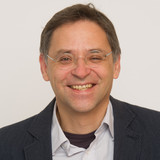 Institut für Ökonometrie und Statistik. Universität zu Köln
Institut für Ökonometrie und Statistik. Universität zu Köln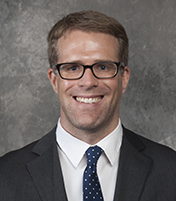 Current Macroeconomic Conditions Section. Research and Statistics. Senior Economist, Board of Governors of the Federal Reserve System (2015-present)
Current Macroeconomic Conditions Section. Research and Statistics. Senior Economist, Board of Governors of the Federal Reserve System (2015-present) 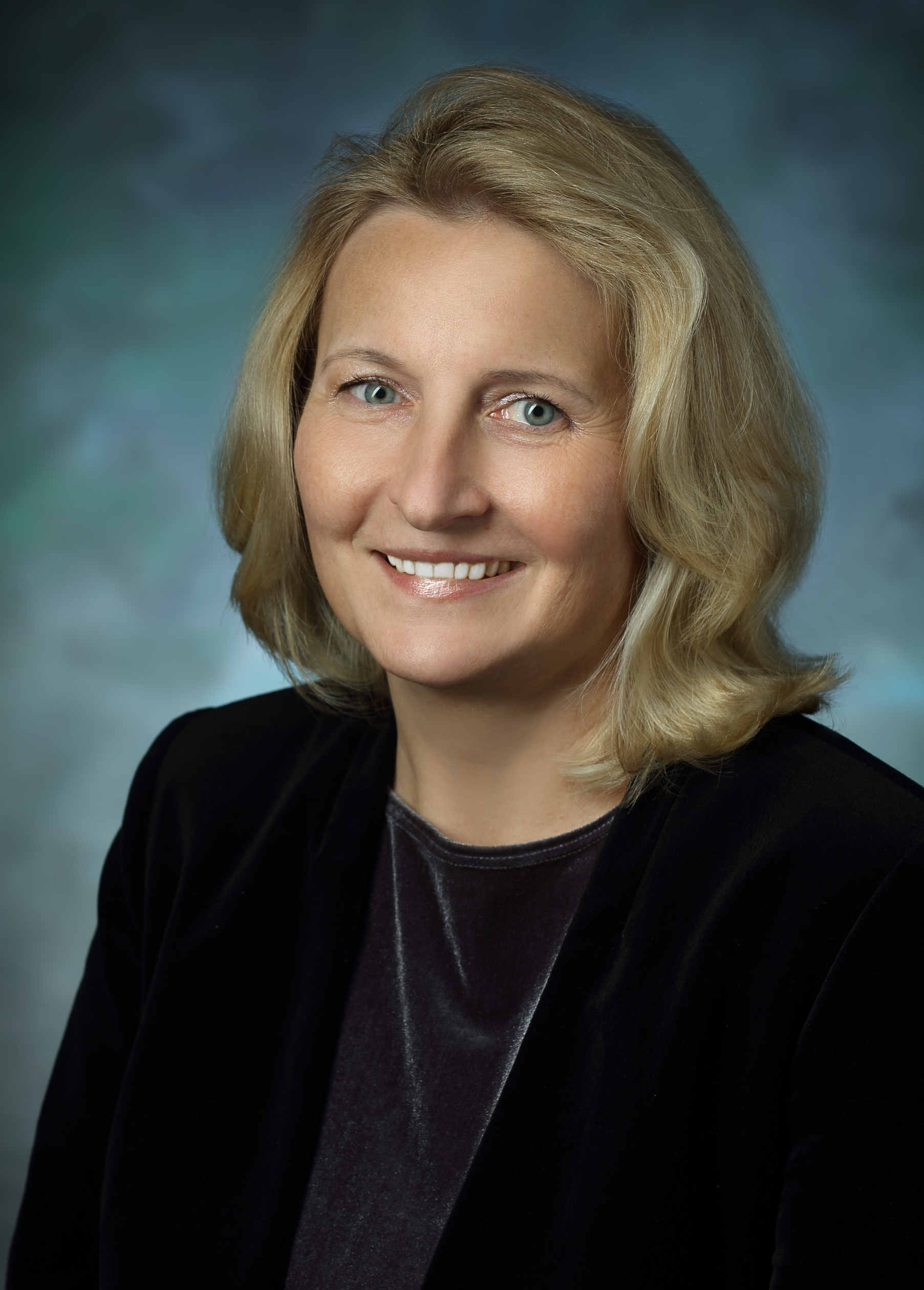 Talk Title: Event Related Causality analysis of electrocorticographic (ECoG) time series as diagnostic tool for epileptic surgery
Talk Title: Event Related Causality analysis of electrocorticographic (ECoG) time series as diagnostic tool for epileptic surgery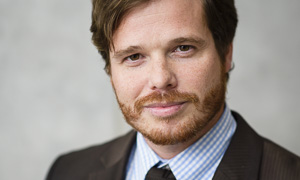 Dr. Joan Paredes, Economist,
Dr. Joan Paredes, Economist, 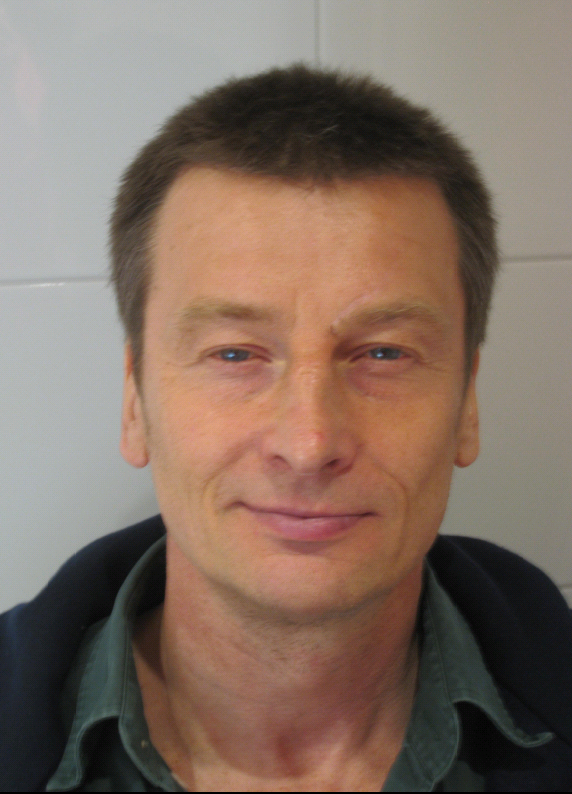 Dr. Veli Pekka Koponen is a senior scientist at VTT Technical Research Centre of Finland. He joined VTT in 1988 and has there developed various issues related to the customer connections of energy networks and markets, such as demand side management, demand response, aggregation of distributed energy resources (DER) for the markets, distributed ancillary service provision, smart metering requirements, modelling, forecasting and optimization of the operation of DER comprising consumption, storages, generation and micro-grids, energy management, requirements and measurement methods for power quality monitoring, electromagnetic compatibility, grid connection requirements, requirements for communication with DER and related cyber security and data privacy issues. He has received the following degrees: in 2002 Doctor of Technology in Power Engineering from Tampere University of Technology, in 1986 Licentiate of Technology in Control Engineering and in 1981 M.Sc. Tech. in Control Engineering both from Helsinki University of Technology, which is now Aalto University. He has participated in the International Energy Agency Demand Side Management Implementing Agreement (IEA DSM IA) as a national expert both in its tasks and Executive Committee. Now he represents VTT in the national subcommittee of the IEC TC8 on system aspects of power systems.
Dr. Veli Pekka Koponen is a senior scientist at VTT Technical Research Centre of Finland. He joined VTT in 1988 and has there developed various issues related to the customer connections of energy networks and markets, such as demand side management, demand response, aggregation of distributed energy resources (DER) for the markets, distributed ancillary service provision, smart metering requirements, modelling, forecasting and optimization of the operation of DER comprising consumption, storages, generation and micro-grids, energy management, requirements and measurement methods for power quality monitoring, electromagnetic compatibility, grid connection requirements, requirements for communication with DER and related cyber security and data privacy issues. He has received the following degrees: in 2002 Doctor of Technology in Power Engineering from Tampere University of Technology, in 1986 Licentiate of Technology in Control Engineering and in 1981 M.Sc. Tech. in Control Engineering both from Helsinki University of Technology, which is now Aalto University. He has participated in the International Energy Agency Demand Side Management Implementing Agreement (IEA DSM IA) as a national expert both in its tasks and Executive Committee. Now he represents VTT in the national subcommittee of the IEC TC8 on system aspects of power systems. 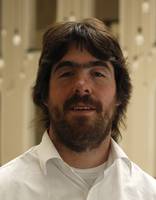 Academmic Positions
Academmic Positions 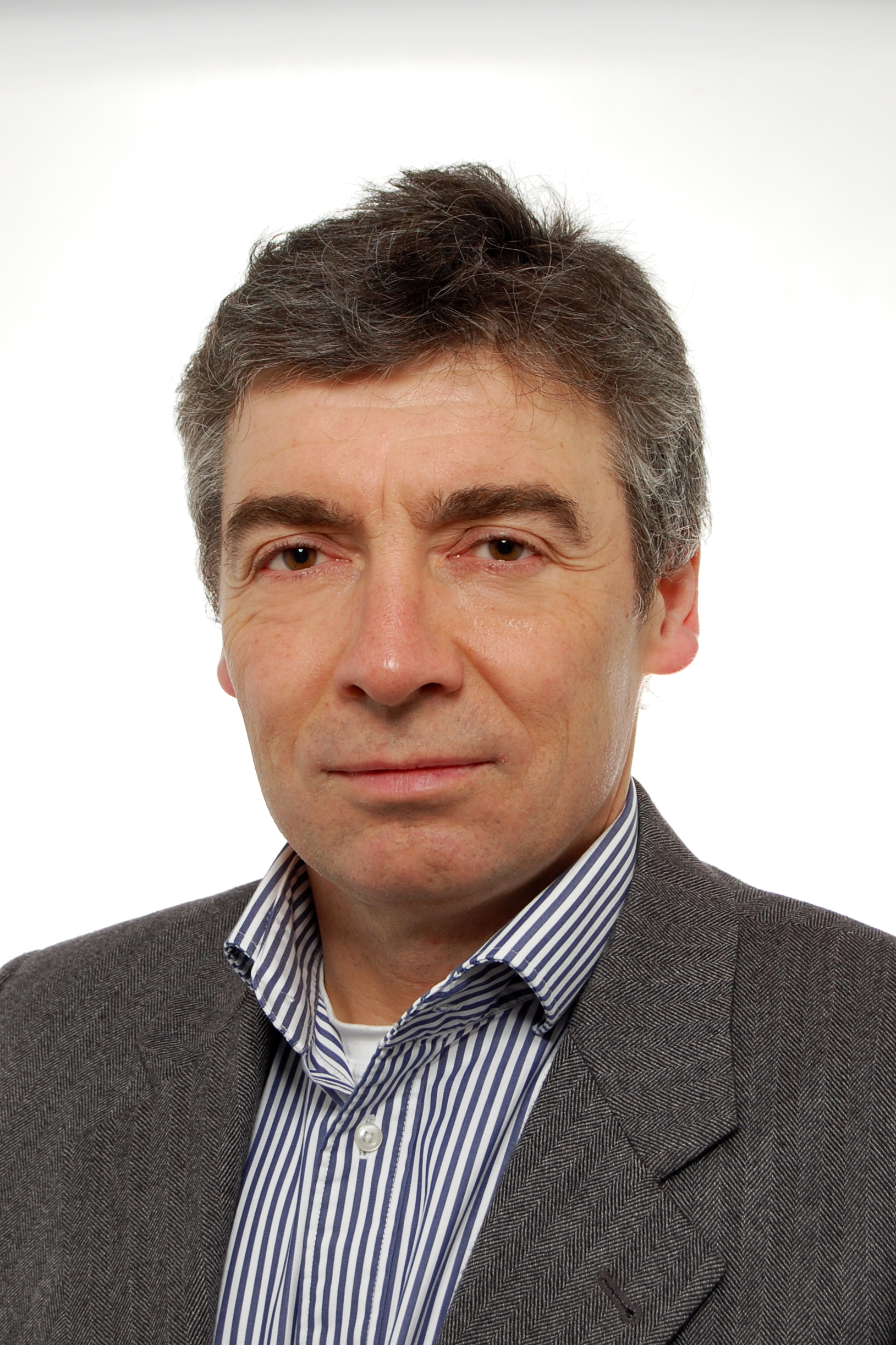 Academmic Positionss
Academmic Positionss  My research is directed to various fields of Economics with emphasis on macroeconomic topis related to economic performance and growth. I am engaged in comparative analyses of educational, financial political and socioeconomic systems and their effects on economic performance. Recently I have extended this research programme to the significance of different legal traditions in shaping the monetary and financial system.
Moreover, I am working on monetary policy, trade policy, international business cycles, and economic forecasting.
My research is directed to various fields of Economics with emphasis on macroeconomic topis related to economic performance and growth. I am engaged in comparative analyses of educational, financial political and socioeconomic systems and their effects on economic performance. Recently I have extended this research programme to the significance of different legal traditions in shaping the monetary and financial system.
Moreover, I am working on monetary policy, trade policy, international business cycles, and economic forecasting.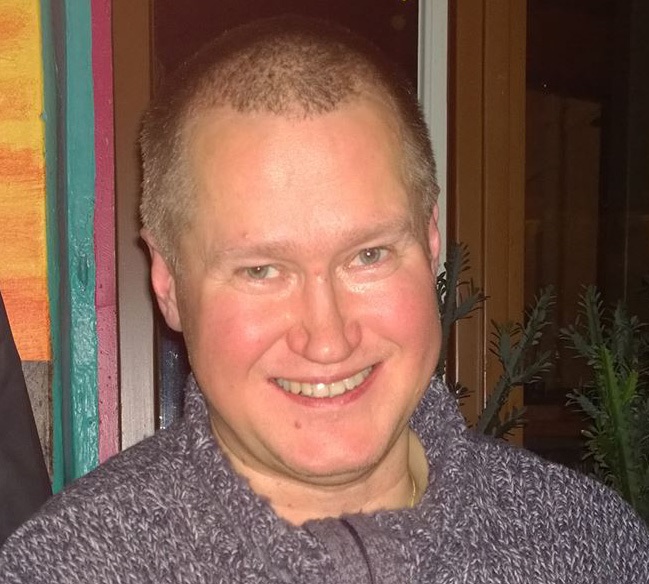 Currently working as a senior lecturer in National Defence University,
Helsinki. Ph.D. of applied mathematics since 2008 from Lappeenranta
University of Technology. My research interests are computational
logic and its applications, AI based expert systems, data classification,
military technology research, teaching technology and its usage. Recent
years I have concentrated in my teaching tasks in Defence University and
tutoring of military research related to operational analysis, mathematical
modelling and simulation.
Currently working as a senior lecturer in National Defence University,
Helsinki. Ph.D. of applied mathematics since 2008 from Lappeenranta
University of Technology. My research interests are computational
logic and its applications, AI based expert systems, data classification,
military technology research, teaching technology and its usage. Recent
years I have concentrated in my teaching tasks in Defence University and
tutoring of military research related to operational analysis, mathematical
modelling and simulation.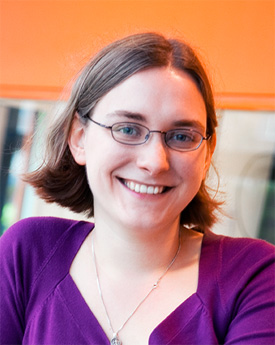 Lecturer in Statistics at Lancaster University. Her research interests include:
nonstationary time series,
changepoints,
multiscale methods in statistics,
applications of wavelets in time series analysis and
time series that arise from energy applications.
Lecturer in Statistics at Lancaster University. Her research interests include:
nonstationary time series,
changepoints,
multiscale methods in statistics,
applications of wavelets in time series analysis and
time series that arise from energy applications. 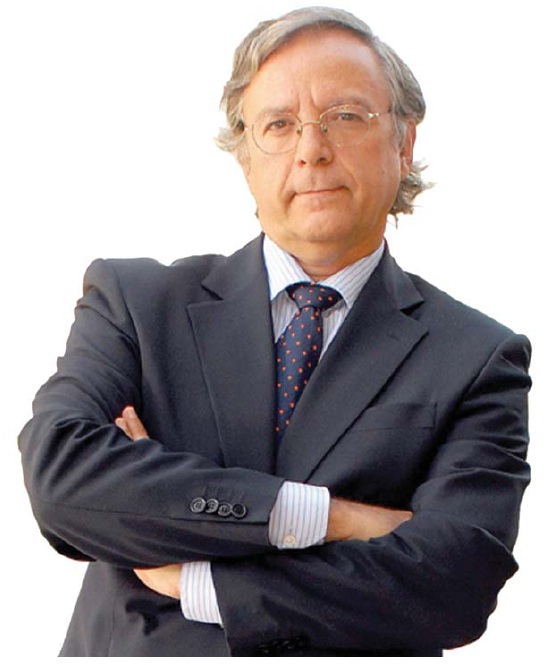 Daniel Peña was born in Madrid in 1948. He received his PhD in Industrial Engineering from
the Polytechnic University of Madrid, Bachelor’s Degrees in Sociology and Statistics from the Complutense University of Madrid and Business Administration ITP from Harvard.
President of Carlos III University of Madrid in the period 2007- 2011 and re-elected in March 2011.
He was Director of the Management Committee (1993-2000) and Vice Rector of the Carlos III University of Madrid (1992- 1995), where he is Full Professor of the Department of Statistics.
He has also been Full Professor at the Polytechnic University of Madrid, the University of Wisconsin- Madison and the University of Chicago.
He is Founding Director of the Quantitative Methods Department of the EOI Business School,
of the Statistics Laboratory of the ETSII-UPM (the Higher Technical School for Industrial Engineering at the Polytechnic University of Madrid),
as well as the Department of Economics and Statistics and Econometrics of the Carlos III University of Madrid.
He has been Director of the “Revista Estadística Española” and President of the Spanish Society of Statistics and Operative Research (Sociedad Española de Estadística e Investigación Operativa).
Daniel Peña was born in Madrid in 1948. He received his PhD in Industrial Engineering from
the Polytechnic University of Madrid, Bachelor’s Degrees in Sociology and Statistics from the Complutense University of Madrid and Business Administration ITP from Harvard.
President of Carlos III University of Madrid in the period 2007- 2011 and re-elected in March 2011.
He was Director of the Management Committee (1993-2000) and Vice Rector of the Carlos III University of Madrid (1992- 1995), where he is Full Professor of the Department of Statistics.
He has also been Full Professor at the Polytechnic University of Madrid, the University of Wisconsin- Madison and the University of Chicago.
He is Founding Director of the Quantitative Methods Department of the EOI Business School,
of the Statistics Laboratory of the ETSII-UPM (the Higher Technical School for Industrial Engineering at the Polytechnic University of Madrid),
as well as the Department of Economics and Statistics and Econometrics of the Carlos III University of Madrid.
He has been Director of the “Revista Estadística Española” and President of the Spanish Society of Statistics and Operative Research (Sociedad Española de Estadística e Investigación Operativa).  SJK is Professor of Econometrics at the Vrije Universiteit Amsterdam and research fellow at the Tinbergen Institute, both since 1999. Furthermore, he is a long-term Visiting Professor at CREATES, University of Aarhus and a Visiting Researcher at the European Central Bank, Financial Research. Since 2013, he is a Journal of Applied Econometrics Distinguished Author.
He held positions at the London School of Economics between 1992 and 1997 and at the CentER (Tilburg University) between 1997 and 1999. In 2002 he visited the US Bureau of the Census in Washington DC as an ASA / NSF / US Census / BLS Research Fellow.
SJK is Professor of Econometrics at the Vrije Universiteit Amsterdam and research fellow at the Tinbergen Institute, both since 1999. Furthermore, he is a long-term Visiting Professor at CREATES, University of Aarhus and a Visiting Researcher at the European Central Bank, Financial Research. Since 2013, he is a Journal of Applied Econometrics Distinguished Author.
He held positions at the London School of Economics between 1992 and 1997 and at the CentER (Tilburg University) between 1997 and 1999. In 2002 he visited the US Bureau of the Census in Washington DC as an ASA / NSF / US Census / BLS Research Fellow.  Selected contributions of ITISE will be published in Springer series: Contributions to Statistics
Selected contributions of ITISE will be published in Springer series: Contributions to Statistics Selected contributions of ITISE will be published in IDRBT Journal of Banking Technology
Selected contributions of ITISE will be published in IDRBT Journal of Banking Technology